December 24, 2024 | 10:38 GMT +7
December 24, 2024 | 10:38 GMT +7
Hotline: 0913.378.918
December 24, 2024 | 10:38 GMT +7
Hotline: 0913.378.918
The agriculture industry relies on photosynthesis to grow food to feed the world. However, the process is slow and requires a lot of resources, making it inefficient to meet the world’s needs.
Now, the researchers propose a move to an electro-agriculture framework that combines carbon dioxide electrolysis with biological systems to boost food production’s efficiency.
Such a system could reduce agricultural land use in the United States by nearly 90% and allow food to be grown in urban areas and deserts without the need for light or pesticides. It also allows farmers to use fertilizer more efficiently.
The approach could reduce the environmental impacts of food production, streamline supply chains, and address the global food crisis, says Feng Jiao, a professor of energy, environmental, and chemical engineering in the McKelvey School of Engineering at Washington University in St. Louis.
Jiao’s ongoing work is to optimize the process of converting carbon dioxide into acetate, which potentially could serve as a feedstock for plants in this system.
Plants can be genetically modified to feed off acetate and photosynthesis, thereby making vertical indoor farming much more energy efficient.
The goal is to eventually engineer plants that can fully rely on acetate as fuel, which could lead to a massive reduction in agricultural land use—land that can instead be put toward conservation and decarbonization.
“Electro-ag would allow for both ecological restoration and natural carbon sequestration at a massive scale,” the authors write.
The method also can be used to produce fuel or biodegradable materials because fungi, yeast and algae also can feed on acetate.
Economic incentives don’t exist for this to replace traditional agriculture anytime soon, but the technology also has the potential to stabilize markets, prevent famine, and grow food in inhospitable spaces.
Initial efforts are focused on pursuing high-value crops such as lettuce and tomatoes, the authors wrote, but electro-ag also offers the opportunity to produce egg and dairy proteins from acetate-fueled precision fermentation or for lab-grown meat.
“This technology presents an opportunity to reinvent agriculture from the ground up,” they write. “And it must be thoughtfully developed and deployed to avoid perpetuating the inequities that currently exist in today’s global food system.”
The research appears in Joule. Additional coauthors are from the University of California, Riverside.
Funding for this research came from the Bill and Melinda Gates Foundation.
(Futurity)
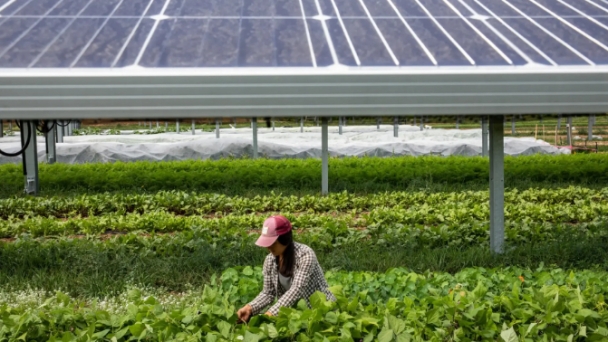
(VAN) Agrivoltaics combines solar energy and agriculture, enhancing land productivity and addressing climate change while ensuring food security.
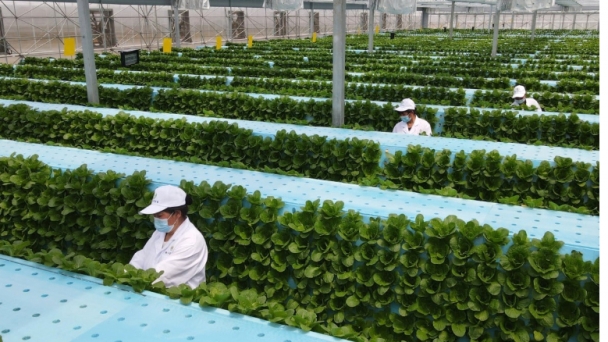
(VAN) China has reduced fertiliser use for eight consecutive years since 2015 and yet the country's agricultural output has steadily increased with 2024 grain production hitting a historic high.

(VAN) Equatic is among a wave of start-ups exploring how the ocean could be harnessed to capture and store carbon. But not everyone is sure it's such a good idea.
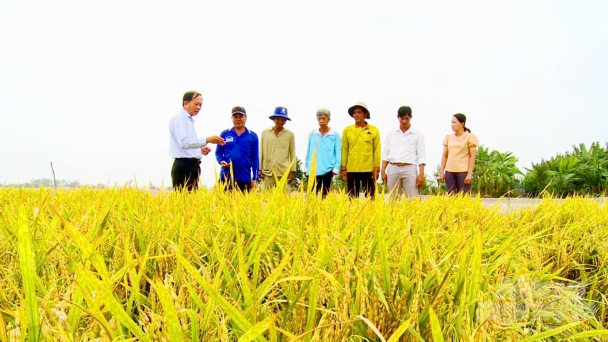
(VAN) An Giang has over 300,000 farmers directly engaged in rice production and 229 cooperatives playing a pivotal role in the implementation of the One Million Hectares of High-Quality Rice Project.
/2024/12/18/1550-3-080744_656.jpg)
(VAN) C.P. Vietnam continues to accompany Dong Thap province to build green embankments to protect land and prevent landslides on river banks in 12 districts and cities.
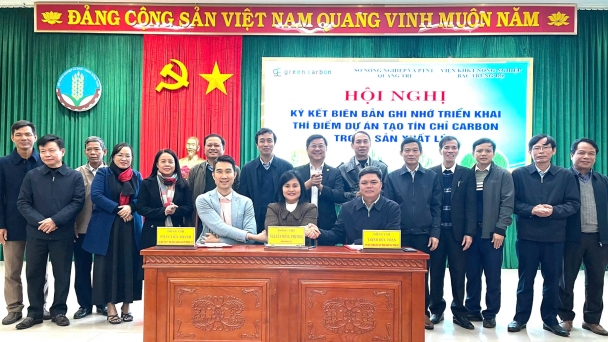
(VAN) The Quang Tri Department of Agriculture and Rural Development collaborates to pilot the Greenhouse Gas Emission Reduction Project in agriculture.
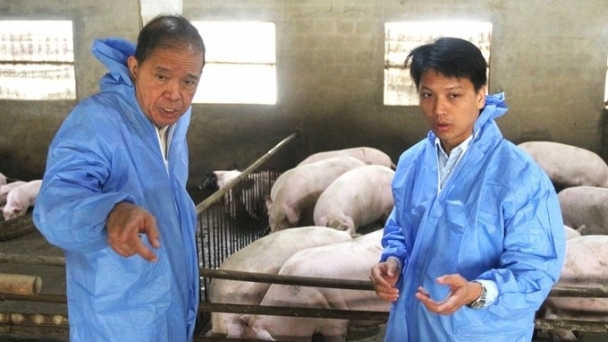
(VAN) Positive results in mass vaccination against African swine fever in Vietnam will become important evaluation bases for other countries.